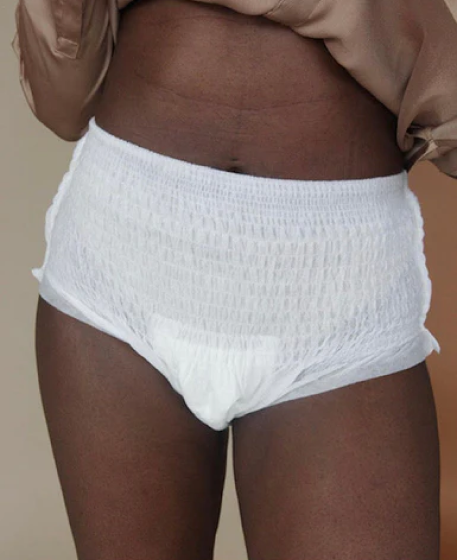Urinary incontinence is a common ailment, yet people who have it still experience a great deal of embarrassment. It turns out that many women are so ashamed to share their symptoms with their doctors that they choose not to do so at all. In fact, a recent set of focus groups that examined women's UI symptoms and their care revealed eight typical obstacles to care, with communication or lack of it being one of them. The other seven barriers that were identified include:
- Mistakenly believing that incontinence issues are a normal part of the childbearing process or typically occur following childbirth or as a result of hereditary factors
- Denial or avoidance – essentially, My symptoms will go away if I just ignore them.
- Having other health issues that were perceived as being more important and taking precedence over UI symptoms and care
- Fear of treatment, including both medications and surgical options and their aftereffects
- Inconvenience due to access limitations, such as insurance issues, HMO problems, need for referrals, need to use specific providers or need for multiple appointments or need for multiple appointments
- Lack of knowledge about treatment options and benefits
- Physician barriers, including doctors who are dismissive or fail to respond with appropriate information about available treatment options
Aside from communication issues caused by reluctance or shame, focus group participants said that communication efforts were affected when they felt pressed for time during hasty doctor appointments.
The truth is that both urine and fecal incontinence may be properly managed and are rather common. Seeking therapy from the proper medical practitioner is the key to relieving or even eliminating symptoms.
Furthermore, certain incontinence symptoms may be signs of more serious underlying health disorders, and postponing treatment might have serious repercussions. Feeling embarrassed is a normal emotion for those who suffer with UI; nevertheless, learning to overcome it in order to seek proper care alternatives is critical, not just for your incontinence difficulties, but also for your general health.



